Summary: Are you struggling to generate leads effectively? Hiring a lead generation virtual assistant can help. Virtual assistants specialize in streamlining the lead generation process, allowing businesses to focus on core tasks while saving time and reducing costs. With the right strategies and tools, they can boost your ROI by converting leads into loyal customers.
As a marketer, you are aware of the difficulties and length of time that lead creation can provide. In 2024, a lot of companies are using virtual assistants with expertise in lead creation to get past this obstacle. Hiring a virtual assistant for lead generation is becoming more than a trend; it’s a calculated move to increase return on investment. Virtual assistants may transform your company by finding, fostering, and turning leads into devoted clients, which will eventually lead to growth and success. All it takes is the implementation of the right strategies.
Lead generation is the biggest obstacle for 61% of marketers, according to HubSpot. You may expedite this procedure and keep your company ahead of the competition by utilizing a virtual assistant.
“It’s not what we do once in a while that shapes our lives, but what we do consistently,” says Tony Robbins. By including a virtual assistant for lead generation into your plan, your company may continuously establish enduring connections with prospective clients, which will help your brand succeed in the long run.
Table of Contents
- Maximizing the Role of a Lead Generation VAs
- Virtual Assistant Boosts Business Efficiency
- Essential Tools for Lead Generation Virtual Assistants
- Key Considerations When Hiring
Maximizing the Role of a Lead Generation VAs
A virtual assistant (VA) that works remotely and specializes in generating potential leads for organizations is known as a lead generation VA. These virtual assistants (VAs) locate, draw in, and interact with potential clients through email outreach and CRM tool management. You can concentrate on the essential aspects of your business by hiring a lead generation VA with experience to manage the creation of a database of leads in any industry you’d want to target.
According to Clutch.co, 80% of firms that outsource lead generation experience higher lead quality.
What Lead Generation Virtual Assistants Can Do vs. What to Expect
What VAs Can Do | What to Expect |
Generate leads using LinkedIn and online research. | Develop a database of possible consumers from various industries. |
Use tools and apps to find emails. | Develop your professional network. |
Conduct competitive research. | Personalized campaigns can be used to target specific persons. |
Manage LinkedIn networking. | Increase engagement on your social media platforms (sponsored and unpaid). |
Provide email support. | Increase revenues through expanded outreach activities. |
Virtual Assistant Boosts Business Efficiency
Hiring a lead-generating virtual assistant can greatly help your organization by providing time efficiency, cost savings, knowledge, integration capabilities, and scalability. These professionals streamline lead-generating processes, giving you more time to focus on important aspects of your organization.
According to Clutch, firms that deploy virtual assistants cut administrative duties by 78%, allowing teams to focus on higher-level strategy. Furthermore, Business News Daily analysis suggests that outsourcing lead generation can save firms up to 60% on prospective costs when compared to recruiting full-time, in-house personnel.
With these significant advantages, incorporating a lead-generating virtual assistant into your business model can be a cost-effective way to boost productivity and ROI.
Essential Tools for Lead Generation Virtual Assistants
According to a HubSpot survey from 2023, 61% of marketers say getting traffic and leads is their biggest difficulty. The demand for outsourcing lead generation has increased by 15% year on year, as firms grasp the benefits of deploying virtual assistants to remain competitive. With the correct tools, these virtual assistants can concentrate on engaging potential audiences rather than performing administrative work. Lead generation virtual assistants frequently employ the following tools:
- Customer Relationship Management (CRM) platforms such as HubSpot and Salesforce.
- Email marketing tools like MailChimp and Sendinblue.
- Social media management software such as Hootsuite or Buffer.
- Zapier, for example, provides automation and integration services.
- Tools for data scraping and enrichment include Hunter.io and Clearbit.
Pros and Cons of Lead Generation Tools
Tool Type | Pros | Cons |
CRM (HubSpot & Salesforce) | Effective lead management and smooth connection with marketing resources. | For optimal use, training might be necessary; premium features come at a greater price. |
Email Marketing (Mailchimp & Sendinblue) | Campaigns are automated, templates can be customized, and tracking analytics are provided. | The free versions have limited functionality and stringent regulations against cold emailing. |
Social media management (Hootsuite & Buffer) | Schedules posts across many channels, monitors activity, and generates performance reports. | Managing various platforms can still be time-consuming, and integration with certain tools may lag. |
Automation (Zapier) | Increases efficiency by automating repetitive processes and integrating many programs. | Setting up can be difficult for beginners; the free edition has a monthly task restriction. |
Data Enrichment (Hunter.io & Clearbit) | Identifies reliable contact information, enhances lead data, and improves targeting efforts. | Pricing might be high for significant data scraping; data accuracy is determined by tool quality. |
Key Considerations When Hiring
It’s critical to match a virtual assistant for lead creation with your company objectives before hiring them. Make it obvious to them what you require in terms of technical know-how, lead management experience, and communication abilities. A list of dos and don’ts is provided below to assist you in making your choice:
Do’s and Don’ts When Hiring a Lead Generation Virtual Assistant
Aspect | Do’s | Don’ts |
Communication Skills | Make sure they can communicate with clients clearly both verbally and in writing. | Don’t ignore cultural or communicational limitations. |
Technical Knowledge | Check their proficiency with lead management software, email systems, and CRMs. | Make sure they are comfortable with all the tools before assuming otherwise. |
Lead Management Experience | Verify their track record of lead generation, nurturing, and conversion. | Consider how they have managed leads in past positions before making a hiring decision. |
Checking Testimonials & Experience | Examine case studies and testimonials from previous customers to gain understanding of their effectiveness. | Never trust someone’s self-reported skills; always get confirmation from references and reviews. |
Interview & Selection Process | Inquire in-depth about their methodology and background using lead generating technologies. | Take your time throughout the interview to make sure they are a good fit for your company’s demands. Don’t rush it. |
Final Thoughts
Make sure you’ve set up a comprehensive interview procedure to determine whether they’re a good fit for the position. Making the most of your virtual assistant can be achieved by asking the appropriate questions.
The marketing landscape remains divided between human integration and optimization as we move forward. Lead generation is predicted to increase by 25% by 2025, giving virtual assistants the opportunity to further automate the lead qualification process by utilizing tools like chatbots and predictive analytics.



